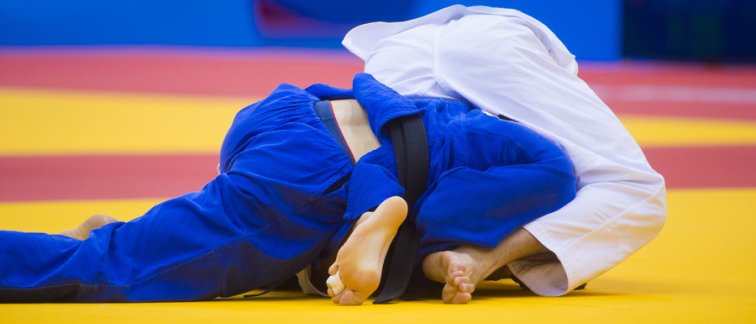Paralympic sports provide opportunities for athletes with impairment to participate and excel in sports. To compete in Paralympic sports, all athletes must undergo classification to determine whether they are eligible to compete and to allocate eligible athletes to different sport classes.
The aim of classification is to promote participation in sports by people with impairment, by minimising the impact of impairment on the outcome of competition. To achieve this, classification criteria need to be based on scientific evidence showing the relationship between impairment and performance.
Judo is one of the most popular Paralympic sports for athletes with vision impairment (VI), with partially sighted and blind judokas currently competing against each other within the same class.
Considerable controversy exists whether the current system provides the most legitimate way to structure VI judo competition, especially because the current classification criteria are not underpinned by scientific evidence.
The aim of this research project is therefore to examine the impact of vision impairment on judo performance. We collect data on the relationship between visual function and judo performance in both able sighted as well as vision-impaired athletes.
The results of this project are expected to both provide guidance for the establishment of new, evidence-based classification criteria for para-judo, as well as further our understanding of the role of vision (and other senses) to guide performance in complex and interactive motor tasks.




